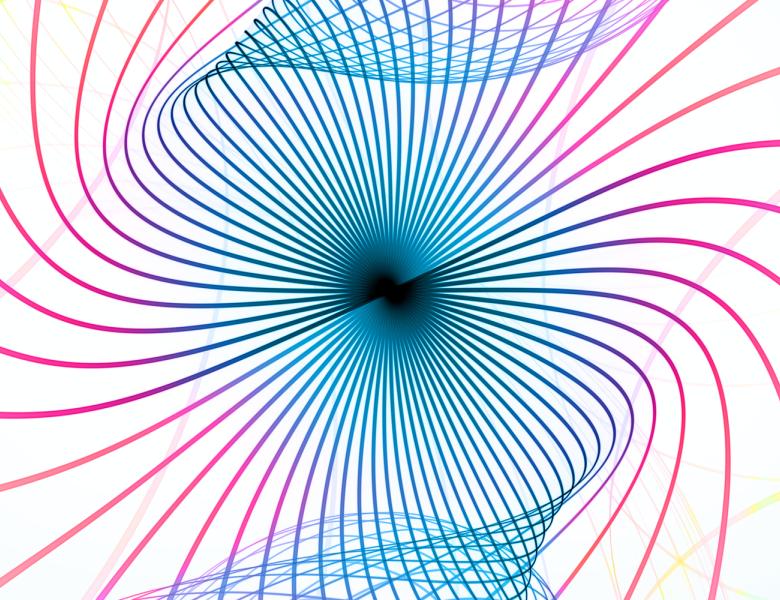
After the second quantum revolution, which completely undermined how we think of the notion of an algorithm, the last decade gave birth to a third quantum revolution - which has shaken the notion of a "physical experiment". Over this past decade, quantum computational notions have penetrated into the study of fundamental questions which were so far the business of experimental physicists only; and this new language offers a fresh look at those questions. In a variety of experimental settings, from sensing to precision measurements of energy, examples were discovered which demonstrate that incorporating ideas from quantum computation, such as quantum multipartite entanglement and quantum error correction, can buy us a huge amount of leverage in terms of precision and efficiently. This raises important questions:
How general is this development, and how influential? Can ideas from quantum computation significantly improve the efficiency and precision of different physical experiments? which ones, and to what extent?
What kinds of new experimental possibilities are opened, using these new ideas?
Taking it to an extreme (and to the far future), how much would it help the experimentalist to have a quantum computer in her lab? And what would be the most useful ways to use this computer?
I will describe some illuminating current and future examples (such as super resolution using entanglement, using error correction for better sensing, and achieving exponential violations of the time energy uncertainty principle based on Shor's algorithm); I will then discuss very recent work in which a universal computational model for quantum experiments is defined, in which the above questions can be studied rigorously; I will also show, for example, that determining the time-reversal symmetry in a many-body physical systems can be done exponentially more efficiently if (very limited) quantum computers are available in the lab. Many open questions are raised by this revolution. They connect experimental physics with theoretical computer science questions in quantum algorithms and quantum complexity. The talk will be based on joint works with Yosi Atia, Jordan Cotler, Xiaoliang Qi, and others.
All scheduled dates:
Upcoming
No Upcoming activities yet


